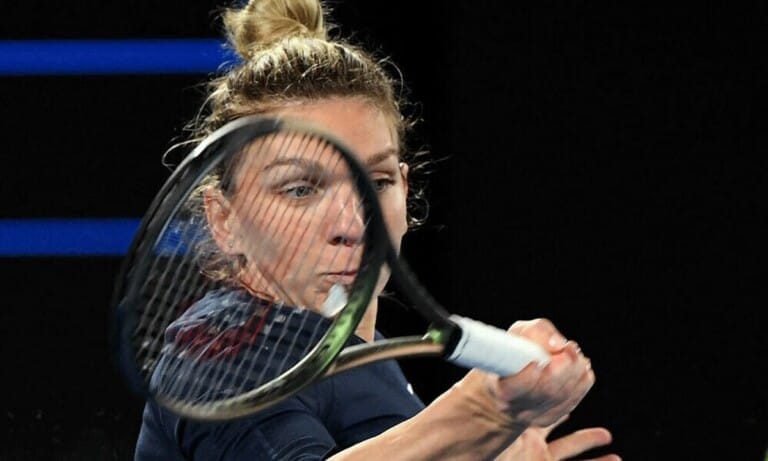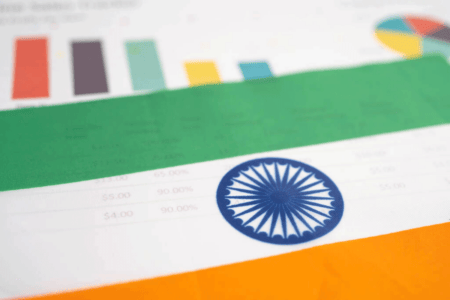As the sports world turns its eyes to Lausanne, a high-profile case unfolds that strikes at the heart of tennis integrity. Simona Halep, former world number one, steps into the limelight not to showcase her formidable skills on the court but to contest a four-year doping ban that could define the trajectory of her professional career. The Court of Arbitration for Sport (CAS) has confirmed that the Romanian star’s appeal hearing is poised to commence this Wednesday, setting the stage for a pivotal three-day examination of the evidence.
Halep’s suspension, handed down last September by the International Tennis Integrity Agency (ITIA), followed two separate doping infractions involving the substance roxadustat. Detected after the US Open in 2022, the drug is recognized not only for its legitimate use in treating anaemia but also for its potential misuse as a blood-doping agent. According to the World Anti-Doping Agency, roxadustat can illicitly enhance athletic performance by boosting haemoglobin and red blood cell production.
Further complicating the narrative are the irregularities flagged in Halep’s biological passport, an integral tool in anti-doping efforts that helps identify possible doping through the monitoring of an athlete’s blood markers over time. These findings constitute a second anti-doping charge that Halep faces, intensifying scrutiny over her case.
In response to the allegations, Halep’s defense pivots on the assertion of innocence, claiming accidental ingestion of a contaminated supplement. This defense hinges on the expertise and testimony of witnesses who may support the contention that contamination, not intentional cheating, led to the positive test. Indeed, the tribunal, while acknowledging the possibility of contamination, also posited that the level of roxadustat discovered could not be explained solely by the ingestion of a contaminated product. This disconnect is what Halep seeks to reconcile in her appeal.
As proceedings gear up at CAS headquarters, a mix of in-person and remote testimonies is expected to converge in a meticulous examination of the facts. Halep herself is set to attend in person, a move that underscores the gravity she places on the chance to clear her name and return to the sport she has so passionately dedicated herself to.
The implications of this hearing are profound, not only for Halep but also for tennis as a whole. A successful appeal could restore her standing and enable a return to competition well before the October 6, 2026, deadline set by the suspension. Conversely, a failed attempt might signal a steep challenge to her legacy and an effective end to her career at the pinnacle of the sport.
With Halep’s achievements, including the crowning glories of the 2018 French Open and 2019 Wimbledon singles titles, her current predicament serves as a stark reminder of the fine line athletes tread between supplement use and doping violations. The sports community watches with bated breath, aware that the outcome will resonate far beyond the individual, echoing through the hallowed halls of tennis governance and anti-doping enforcement.
As the curtains close on this dramatic appeal, the verdict delivered by CAS will not only seal the fate of a celebrated champion but will also potentially shape the discourse on supplement contamination and anti-doping measures in professional sports for years to come. Halep’s quest for vindication, thus, transcends her personal battle, embodied in a saga that could become a defining moment in the annals of tennis history.
Tags: #Tennis #SimonaHalep #CAS #DopingBan #SportsIntegrity
What’s your take on this? Let’s know about your thoughts in the comments below!












